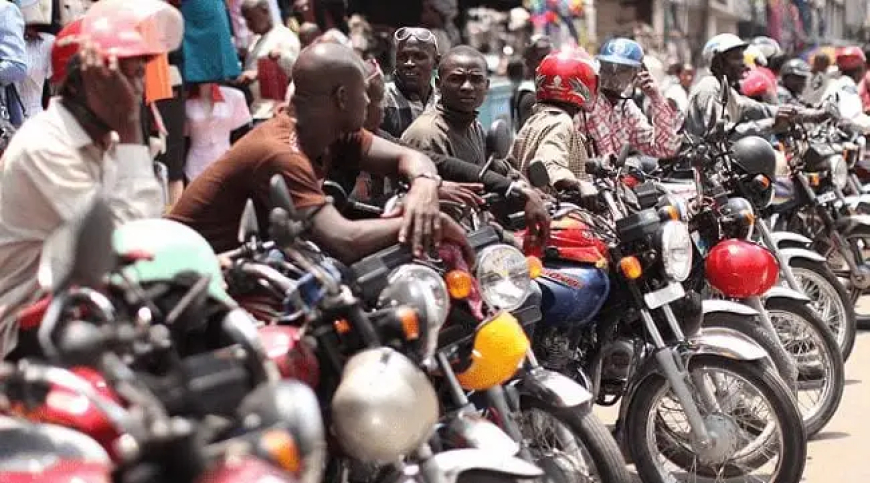13-member committee set up to review L.I. 2180 for commercial use of ‘Okada’
The Ministry of Transport has established a 13-member inter-agency committee to review specific provisions of the Road Traffic Regulations, 2012 (L.I. 2180), which currently prohibit the use of motorcycles, commonly known as "Okada," for commercial purposes. This initiative aligns with the government's efforts to legalize and regulate Okada operations, offering a structured framework for their integration into the transportation sector.

Mandate and Objectives of the Committee
Chaired by a senior official from the Ministry of Transport, the committee comprises representatives from various stakeholders, including law enforcement agencies, transport unions, and road safety authorities. The committee's primary objectives are:
-
Review of L.I. 2180: Examine Sections 128 (1), (2), and (3) of the Road Traffic Regulations, which currently ban the commercial use of motorcycles and tricycles, to assess the feasibility of amendments.
-
Stakeholder Consultations: Engage with relevant parties to gather insights and recommendations on legalizing and regulating Okada operations.
-
Policy Recommendations: Develop comprehensive guidelines to ensure the safety, efficiency, and sustainability of commercial motorcycle services.
Timeline and Expected Outcomes
The committee has been tasked to complete its review within three weeks, after which it will present its findings and recommendations to the Ministry of Transport. The anticipated outcomes include:
-
Amendments to L.I. 2180: Propose legislative changes to permit and regulate the commercial use of motorcycles and tricycles.
-
Regulatory Framework: Establish safety standards, licensing requirements, and operational guidelines for Okada riders.
-
Enforcement Mechanisms: Develop strategies to ensure compliance with new regulations and enhance road safety.
Background and Rationale
Despite the existing ban under L.I. 2180, the use of motorcycles for commercial purposes has been prevalent across Ghana, primarily due to their affordability and ability to navigate congested areas. Recognizing the economic role of Okada services and the need for safety and regulation, the government is moving towards formalizing this mode of transportation.
Conclusion
The formation of this committee marks a significant step towards integrating Okada services into Ghana's formal transportation system. By revisiting and potentially amending L.I. 2180, the government aims to balance economic opportunities with safety and regulatory oversight, reflecting a responsive approach to the evolving dynamics of urban mobility.
What's Your Reaction?




















































































